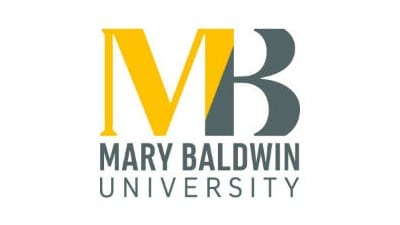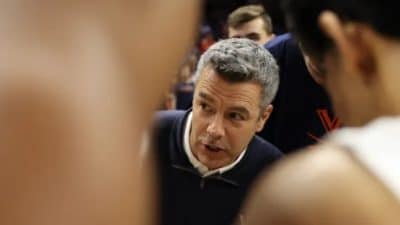
MBU now ranks 33 among all colleges and universities nationwide for graduating economically disadvantaged students — those who come from families with gross incomes of less than $50,000 a year — and equipping them with the skills they need to lead successful careers and achieve financial success.
“[These learners] are much less likely than others to finish college, even when controlling for other characteristics,” read the report.
The majority are first-generation college students. According to the First Generation Foundation, 89 percent will leave college within six years without a degree — about four times the dropout rate of second-generation students.
That statistic can have a staggering impact on wealth: A 2022 National Center for Education Statistics study estimates median income for 25-34 year olds with a bachelor’s degree at $59,600, compared to $36,600 for those with a high school education.
The gap gets bigger as life goes on, with degree holders earning about $900,000 more lifetime income than their non-degreed counterparts.
Some colleges do better than others at advancing social mobility.
Matt Munsey, vice president of enrollment management, attributes Mary Baldwin’s success to four main factors:
- Financial aid packages that can bring tuition costs to zero for its most disadvantaged students
- A hands-on approach to higher education
- Skills-based interdisciplinary curriculum
- Historic core values emphasizing access to the life-altering power of a college education
“We’re extremely proud of this social mobility ranking,” said Munsey. “This is a mission we believe in deeply, and it’s an area where we’re actively innovating to help our graduates get the leg-up they deserve.”
MBU’s student population includes about 25 percent first-generation learners. A student-faculty ratio of 10:1 — and learners-come-first culture — helps tip the scales in their favor.
“Our small size allows for our community to know our students and be active in their success both inside and outside of the classroom,” Munsey said. “It also makes it much more unlikely for any of our students to slip through the cracks.”
He adds that, on an institutional level, the university has prioritized evolving programming that provides comprehensive support from the moment students are accepted, through graduation, and beyond. This includes a new team of advisors that work hand-in-hand with students to create custom academic plans based on professional interests and ambitions, monitor their progress, connect them with alumni mentors, and plug them into strategic internship opportunities with partner businesses and organizations.
Curriculum tweaks emphasizing interdisciplinary professional skills boost hireability even further, while enhanced hybrid and online options bring greater flexibility for working students.










